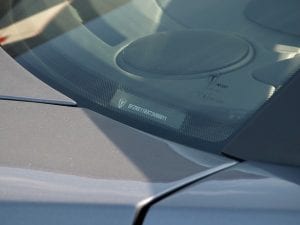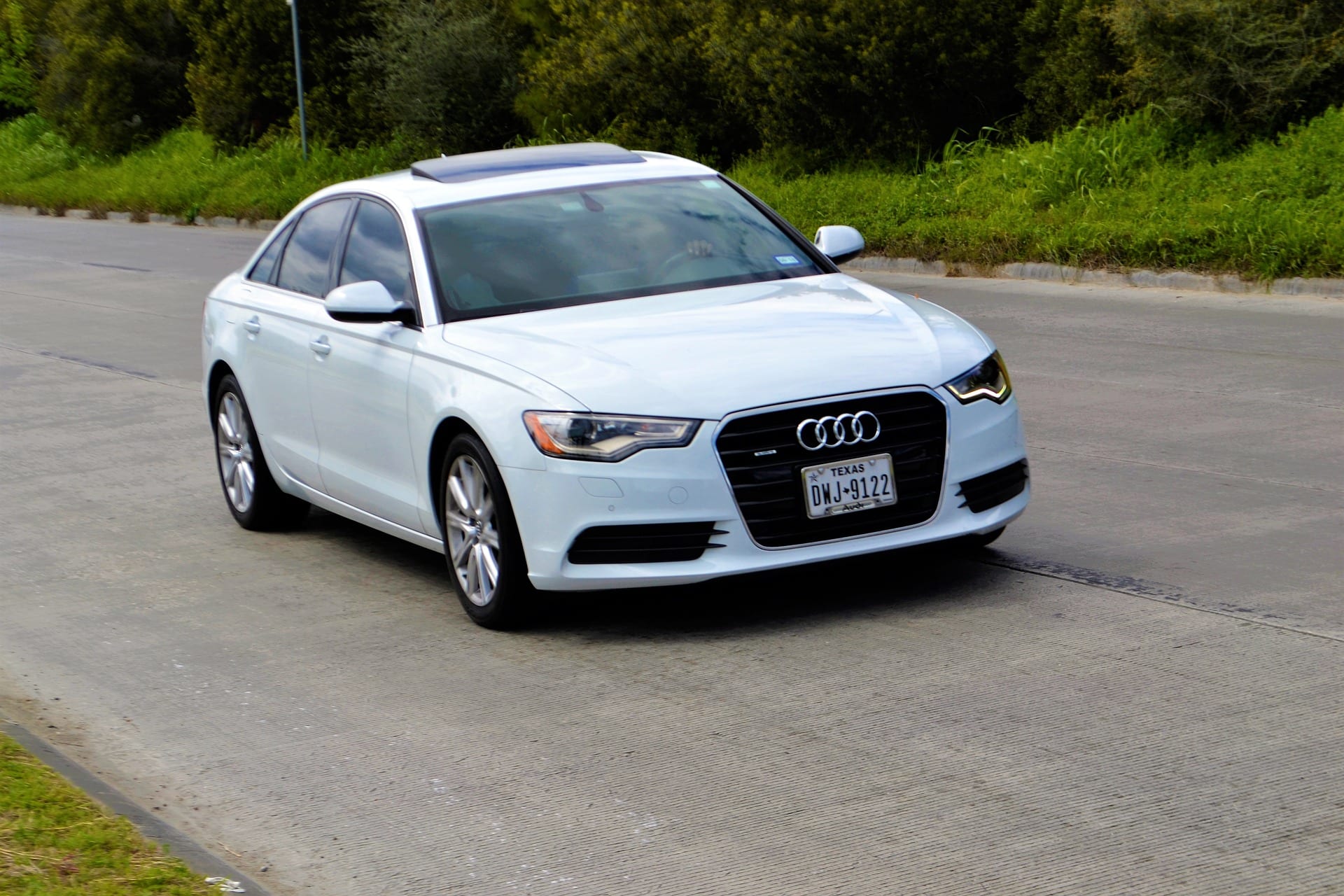Buying a car is a major undertaking. New? Used? Maybe even a lease? Knowing what to expect – and avoid – is important.
When it’s time for you to buy a new vehicle, purchasing a used car can certainly offer a number of advantages. While a used car is cheaper to purchase than a new car, there are still some disadvantages to buying used. Before you decide whether a new or used vehicle — or even a lease — is right for you, consider all of the factors of buying used, from potential car-related scams to the possibility of buying a car with significant mechanical issues. Buying any car is a significant purchase, so approach every car-buying decision you make with caution.
The Details of Buying a Used Car
Buying a used vehicle can offer many benefits over buying a brand-new vehicle. One major advantage of buying used is that you may be able to purchase the car outright with cash because of its lower price. This can be beneficial if you have poor credit that makes it difficult to get a loan, or if you just want to avoid paying interest on a car. When buying a more expensive used car, you may be able to put down a large amount of cash and secure a car loan for the balance, which can still save you money when compared to the cost of buying a brand-new vehicle.
There are definite disadvantages to buying a used car that you should consider, too. You won’t know the full history of a used vehicle, and maintenance records can be falsified. Reporters like Carfax can give you some history on the car, but the amount of detail they offer is limited, meaning you could potentially buy a car with some serious mechanical or structural issues that could affect its safety. A used car’s safety can also be affected by the fact that it won’t have the advanced safety features and newer technology common in new vehicles. Plus, if you’re in a hurry to buy a vehicle, you may have to compromise on other factors such as the color, mileage, and even model of the vehicle that you ultimately buy.
Buying vs Leasing a Car
Leasing a vehicle may be another appealing option, since the car payments are usually lower than what you’d pay for a new vehicle. But leasing offers both advantages and disadvantages.
In general, leased vehicles come new, and therefore won’t require as much upkeep as a used vehicle with a mystery background, which is a giant benefit. However, when you lease a vehicle, you’re making lease payments on that car without ever actually owning the vehicle. While some leases might save you money, other lease costs can be steep, especially when you account for the payment for the first month of the lease, the security deposit, and other fees. Some leases cap the number of miles that you can put on the vehicle as well, and you’re responsible for maintenance or you’ll face extra charges when you return the car. If your life circumstances change, such as if you lose your job or have a baby and need a different vehicle, getting out of a lease early can be expensive.
The Hazards of Buying Used
Despite the pros, buying used can also carry additional serious risks, and scams are common in the auto industry. VIN cloning, or “car cloning,” is one such scam.

Thieves steal a vehicle, then pry off the Vehicle Identification Number (VIN) plate that can be used to identify that vehicle as stolen. They then replace the plate with a legitimate VIN plate from a vehicle of a similar make and model. These thieves will falsify other documents to make it look as if they legitimately own the vehicle, then they’ll sell it as used.
If you unknowingly purchase a vehicle that has been cloned, and its true identity is later discovered, law enforcement will confiscate that vehicle. You would still be responsible for the payments that you made on that car, even though you no longer technically own it. A National Motor Vehicle Title Information System database is being developed and will help law enforcement to better identify VIN cloning, but until it’s fully operational, VIN cloning is one risk that goes along with buying a used vehicle.
Buying Used Vehicles Online
Online vehicle fraud is another potential risk in buying used cars. These online scams may be posted on Craigslist, eBay Motors, or other popular sites, and they often offer a seemingly good deal on a used vehicle. The seller may try to pressure you into quickly making a decision to buy the vehicle, and some will come up with detailed stories about why they have to sell the vehicle right away.
These sellers won’t let you come to see the vehicle in person before buying it, and they may demand that you make payment via gift cards or by wire transfer. Neither of these payment options offer you any protection as a buyer, and the seller may simply disappear after the payment is made, or may come up with a reason to request more money for transportation costs. The vehicle will never be delivered to your door as promised and the seller will cut off communication, leaving you without your money or the car.
The safest way to buy a used car is to only purchase a car that you can see in person. If you must buy a used car online, thoroughly research the seller and use a payment that offers you buyer protection, such as PayPal.
If you do buy used, familiarize yourself with the legal aspects of driving and vehicle purchases. Take an experienced mechanic with you to inspect the vehicle or ask that the vehicle be driven to a mechanic’s shop for inspection. Be on the lookout for scams like VIN cloning, and most importantly, if the deal seems too good to be true or something just doesn’t sit right with your instincts, don’t be afraid to walk away.


Join the conversation!